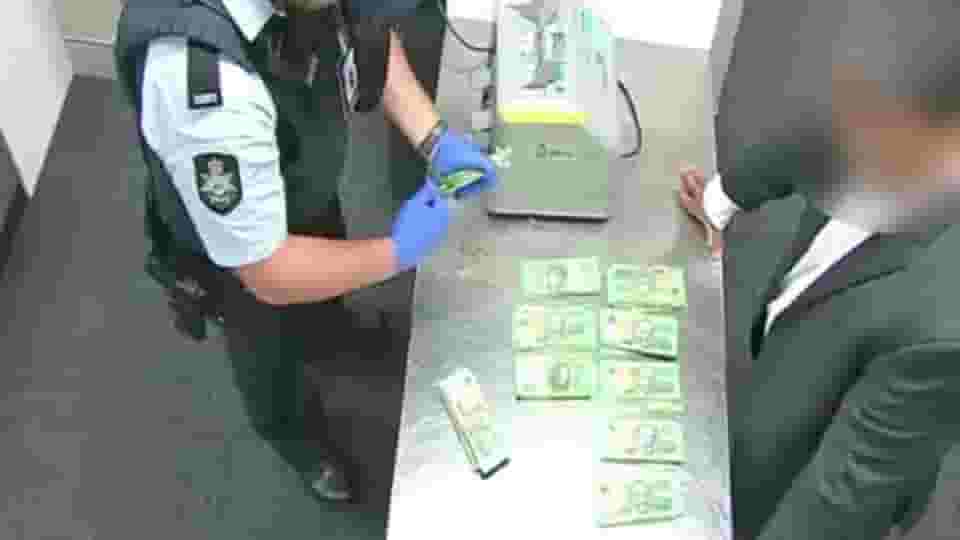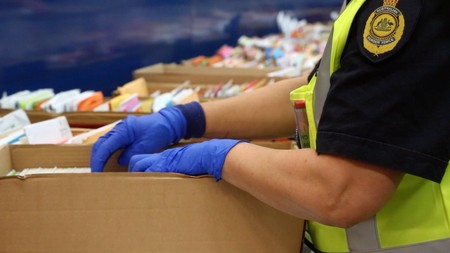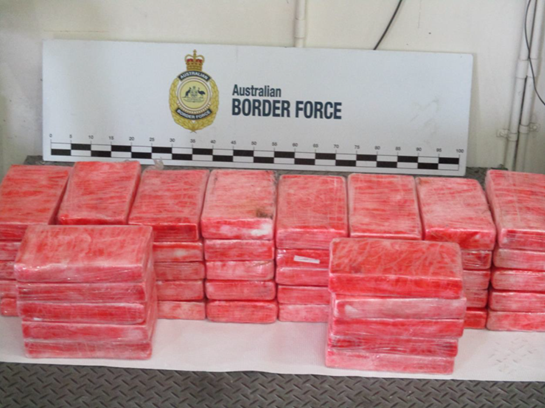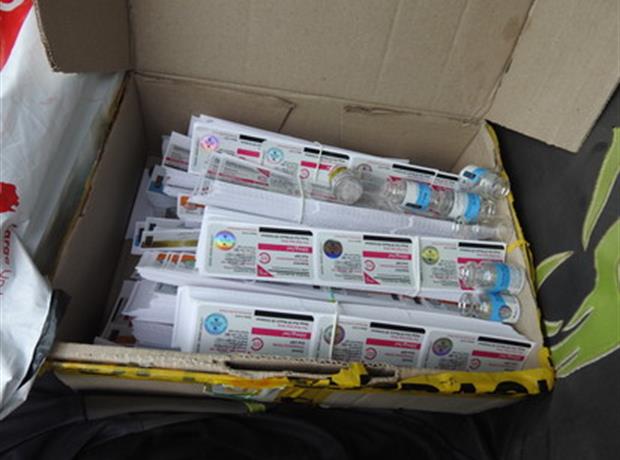European Money Mule week in November 2017 unearthed 1700 fraudulent transactions, 766 persons working as money mules and 59 people working as money mule recruiters.
Criminals in online banking fraud through phishing or hacking need middlemen to launder this money. Money mules are middlemen who do this.
Money mules receive funds into their bank accounts from criminals. They withdraw the money and send it to a designated account of the criminal. The account can be domestic or offshore and money is transferred using a wire transfer service. Usually the money transferred is minus the commission for the Money mule.
Australian law enforcement agencies worked in support of the European Money Mule week. Australian Federal Police (AFP), Australian Border Force (ABF), Australian Criminal Intelligence Commission (ACIC) and Australian Transaction Reports Analysis Centre (AUSTRAC) participated in this exercise. They conducted intelligence gathering and analysis activities in the week 20-24 November 2017.
Sixty people at risk of being targeted by criminals for money mule activities were interviewed. Agencies gathered valuable information from Victoria, Queensland, South Australia and Tasmania.
Across the globe 26 countries participated in this week-of-action.
Following tips may prove useful to avoid traps leading to online criminal activities.
– Avoid all offers and opportunities for making easy money.
– Verify address, phone number, email address and website before you proceed.
– Your confidential banking details should not be given to anyone.
– Be suspicious of anyone asking for personal details too.
– Think twice before you wire transfer funds, this cannot be recovered by banks.
– Any unauthorized transaction, including funds coming into your account should be immediately reported to the bank.
According to Neil Gaughan AFP National Manager, criminals use various channels like online chat rooms, social networking sites, post hoax websites, fake advertisements and fake profiles to recruit mules. Fake advertisements claiming to be from customs brokers from major cities like Sydney are also published. They tempt people with quick money and persuade people to take part in illegal activity.





